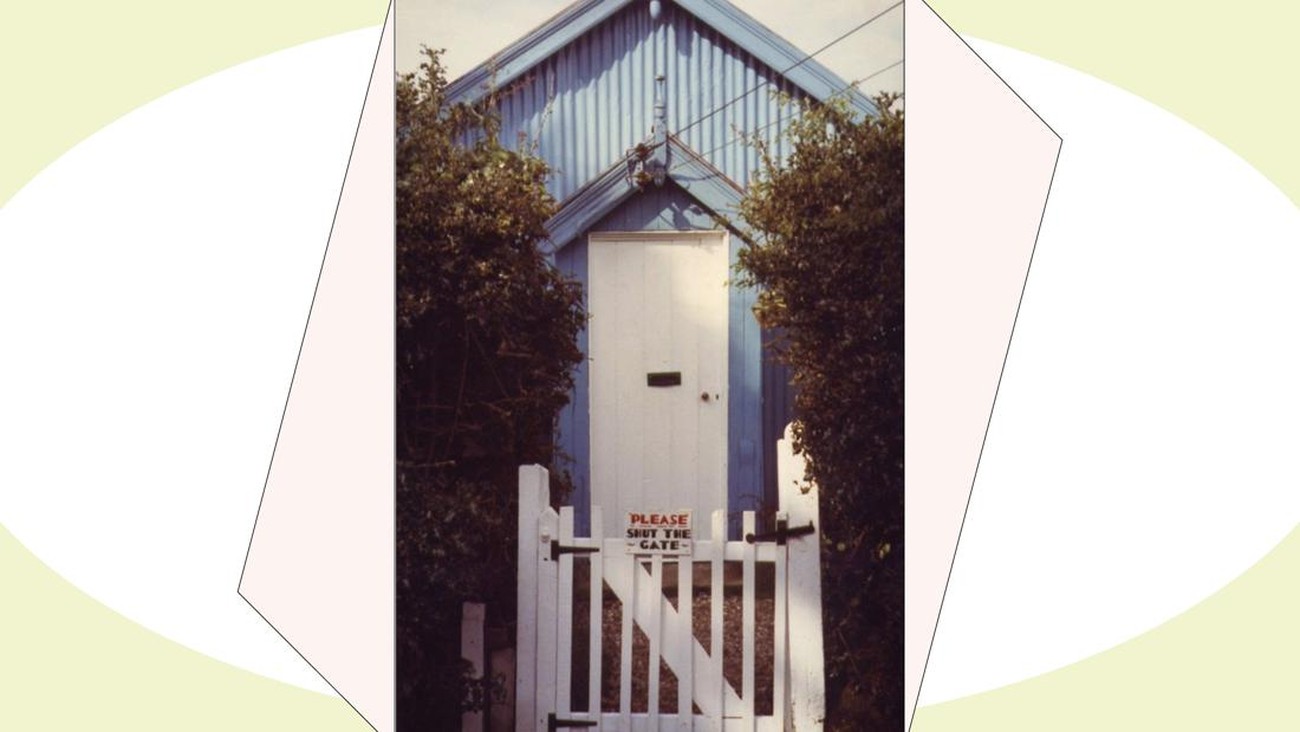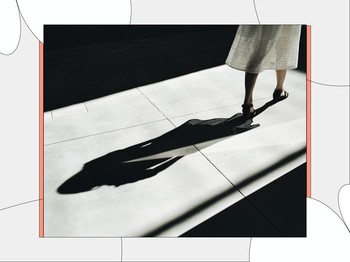Did you know that Kylie Jenner once blurred her favorite drink in a show when she was showing her refrigerator just so people can't buy the same drink? "No I'm not actually gonna show you this, you have to blur that out because this is my favorite drink and it's really hard to find, it's always sold out, so I can't show you guys but maybe I'll share my secret someday." She said in a clip. It's one of the many examples of being a gatekeeper. Yes, you may have heard the term gatekeeping or being a gatekeeper before-but should we dive deeper into this?
@thekardashians.tt Kylie Jenner gatekeeps her favorite drink #shorts #ytshorts _R#kuwtk #fyp #foryou #thekardashians #kardashian #kimkardashian ♬ original sound - The Kardashians Fans
The term gatekeeping has been known as a slang somewhere around the 2010's but has only been popular for the last few years-thanks to the progressive growth of social media. According to the official Cambridge Dictionary, gatekeeping holds the meaning of 'the activity of trying to control who gets particular resources, power, or opportunities, and who does not'. Well, basically, gatekeeping is controlling or limiting access to certain resources.Based on data from Google Trends, the term "gatekeeping" has witnessed a rise in search interest since March 2020, reaching its highest point in January 2022. Following this peak, searches for "gatekeeper" surged in the months that followed.
Origin of Gatekeeping
The origin of "gatekeeping" as a designation traces back to 1943 with a social psychologist named Kurt Lewin who made a theory out of this term when a phenomenon happened at all levels of the media structure where a reporter decided which sources are presented in a headline story to editors who chose which stories are printed or covered. However, the idea of gatekeeping was first identified in the literature in 1922, though the formal theoretical name was not yet given. Robert Park in his book titled 'The Immigrant Press' explains. "out of all of the events that happen and are recorded every day by correspondents, reporters, and the news agencies, the editor chooses certain items for publication which he regards as more important or more interesting than others. The remainder he condemns to oblivion and the wastebasket. There is an enormous amount of news 'killed' every day."
As for this century, there are a lot of people who seem like gatekeeping things from the public as a form of their power in controlling access to information regarding many things. You may have seen or faced a person who happens to be a long-time fan of musicians will gatekeep their music from other people as their objective is to keep the music to be seemingly 'edgy' or 'niche', the less people know about their music, the more they feel like the coolest kid in the block. Some style enthusiasts also will post about their OOTD, only to describe their outfit as 'vintage' or 'thrifted' just so that the audience wouldn't bother to ask nor buy the same fits. Annoying? sure.
Gatekeepers are often described as individuals who discourage cultural inclusivity. People tend to engage in gatekeeping less often when it comes to widely popular or mainstream things. Instead, they typically focus on more specialized and niche areas with smaller and more protective fanbases. This implies cultural gatekeeping is elitist because possessing a broad cultural understanding stems solely from privileged education and upbringing.
Dynamics of Gatekeeping
In some cases, there are some people arguing that gatekeeping is somehow beneficial for the first party. For example, during the pandemic season, Hawaii experienced a huge surge in tourism at the same time. Many native Hawaiians and Pacific Islanders were concerned about the rising cases of COVID-19 and the tourism's environmental impact. The locals were trying to "gatekeep" the beautiful and scenic places they live in Hawaii just so that people won't come and leave traces behind with their trashes. However, many people threw serious responses that Hawaiians are "gatekeeping" the state.
@monicaroams Reply to @1re.public this is why people can’t share certain locations‼️ #livealoha #hawaiitok #hiddengems #gatekeeping ♬ You - Petit Biscuit
Some also argue that gatekeepers just strictly want what they enjoy could be something that they couldn't enjoy anymore because of how big the demands from the public for that item. Well, if that's the case, what Kylie Jenner did to her favorite drink wasn't totally wrong at all. She genuinely loves the drink and she knows how much of a big impact she could make to the market when people recognize things that she consumes, and at the end of the day the Jenner sister couldn't enjoy her favorite drink anymore because of the limited stock. But still, this reason still calls for exasperated eye-rolls. Moreover, the brand of that drink she gatekeeps wouldn't agree with her action that she was accidentally stifling or hindering sales numbers.
Despite how much gatekeeping is annoying for some people-depending on the object, gatekeepers have their own perspective. People who are gatekeeping a crucial object or place that somehow matters for the well-being of many people should be considered as protecting, rather than gatekeeping. The action of protecting something is a shield between the object and the potential harm of external forces. Gatekeeping appears legitimate as long as the justifications are rooted in the common good rather than individual self-interests.
(DIP/alm)


